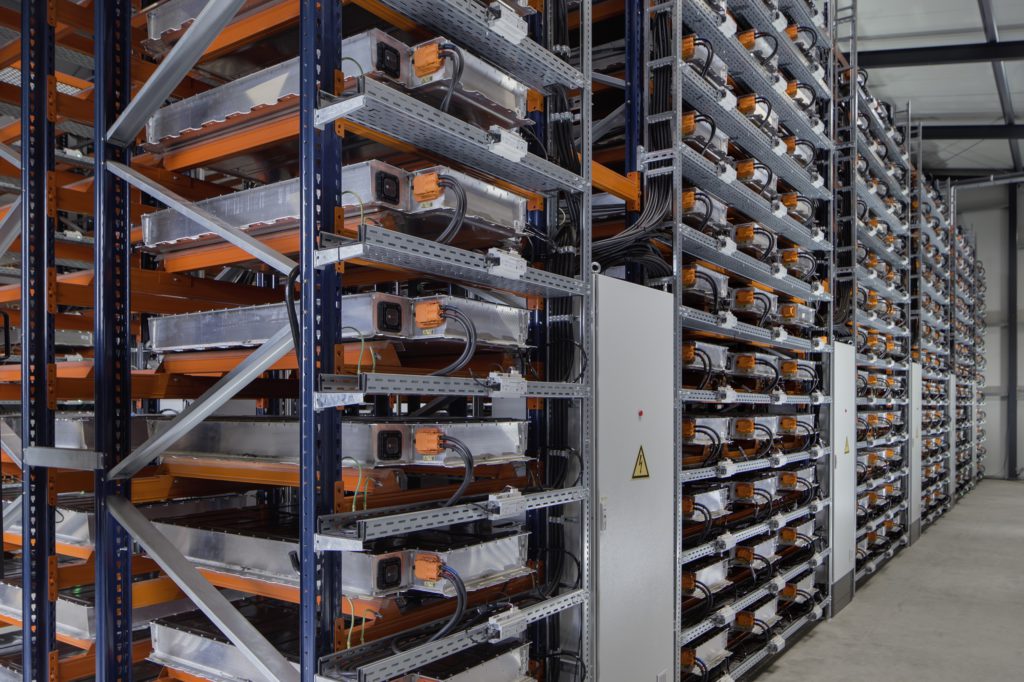BMW looks to long-term contracts in effort to secure pricing for cobalt supply
18 December 2017

18 December 2017
With most automotive manufacturers now developing electric vehicles, the race is on to secure supplies of crucial materials for battery production to keep costs low.
However, this is not an easy task, with suppliers of materials such as cobalt aware of how valuable their product is. In October, Volkswagen (VW) failed in its attempt to secure a long-term supply of cobalt from one of the world’s leading suppliers of the material after offering a price below expectations.
BMW is the latest car company to attempt to counter rising commodity prices through long-term partnerships. ′In 2025 we will need up to ten times as much raw materials for the batteries as now,’ said BMW purchasing director Markus Duesmann in a conversation with the financial news agency dpa-AFX.
The company plans contracts of between five and ten years and is currently negotiating with suppliers of raw materials to fix prices. However, with demand high, prices have already risen sharply, meaning the carmaker has to act quickly.
′Cobalt has been a bit of a hustle and bustle over the past few months – but price increases are currently even more imaginative than demand-driven,’ says Duesmann. Cobalt, a component of modern electricity batteries for electric cars, is currently about three times as expensive as it was around a year ago
Like some mining companies, Duesmann does not expect the situation to ease soon. ′We see a risk of shortage at Cobalt, so we also need to pressure the producers to build capacity, and we’re talking to the big mining operators in this regard.’
However, the company has no plans to invest in a mine of its own, or any mining companies, something which VW is considering. It finds such arrangements more costly.
One of the issues carmakers face when it comes to cobalt supply is that around 60% of the world’s resources are mined in the Congo, under poor conditions. However, BMW believes that 80% of the deposits mined there are done so in professional circumstances. ′We want to certify large mines as sustainable, but that only solves part of the problem, because 20% of the cobalt in the Congo is partially mined by hand in small, poorly organised mines,’ Duesmann said.
Therefore, the company is currently working with an independent partner on a feasibility study to explore to what extent the social and ecological situation can be sustainably improved through model mines for artisanal mining in the Democratic Republic of Congo. The study is specifically evaluating whether local model projects could be implemented with the potential for scalability at a later date.
Meanwhile, the German manufacturer has partnered with US firm Solid Power to develop solid-state batteries for use in EVs. This technology has some benefits over current lithium-ion batteries, including increased range on a single charge. It is a technology that Japanese firm Toyota is also working on for its range of electrified vehicles.
′Since the company’s inception, the Solid Power team has worked to develop and scale a competitive solid-state battery paying special attention to safety, performance, and cost,’ said Doug Campbell, founder and CEO of Solid Power. ′Collaborating with BMW is further validation that solid-state battery innovations will continue to improve electric vehicles. We’re looking forward to working with BMW on pushing the limits on developments around xEV batteries.’
Photograph courtesy of BMW